Electronic waste recycling machines such as e-waste shredders are equipment that is specifically made to recycle e-waste. E-waste recycling is the process of disassembling different kinds of electronic and electrical waste to free metals and separating them from organic components like plastic and rubber to reuse the materials.
What kind of electronic waste can be recycled with waste recycling machines?
Electronic goods that are no longer wanted or needed and are prepared for disposal are referred to as "e-waste." Computers, laptops, microwaves, computer peripherals, televisions, cell phones, tablets, and other electronic gadgets are examples of e-waste. The most sought-after resources during e-waste recycling are valuable metals like gold and silver and ferrous and non-ferrous metals like lead, copper, brass, and aluminum. To separate the various items contained in e-waste, e-waste recycling equipment, like an e-waste shredder, typically include a number of conveyor belts, shredders, separators, and sorting devices. Following separation, the materials are recycled and used to create new goods using waste recycling machines.
Benefits of electronic recycling machine
1. Recycling e-waste protects natural resources and the environment. The bulk of e-components waste may be recycled, reducing the demand for natural resources on Earth. E-waste recycling devices make it possible to recover and reuse important materials which help preserve natural resources. Recycling e-waste lessens the impact of electronic waste on the environment and conserves natural resources.
2. Climate change has made green credentials crucial for businesses today to increase brand awareness and visibility since customers and workers want to work with organizations that sincerely commit to mitigating climate change and improving sustainability.
3. Recycling electronic waste using an electronic waste recycling machine uses less energy than creating new goods from scratch, which contributes to energy conservation and lower greenhouse gas emissions.
4. By giving people in developing nations access to affordable, recycled electronics and lowering the volume of e-waste delivered to these nations, e-waste recycling can enhance their quality of life.
5. Recycling e-waste has significant financial advantages. Through the sale of recycled materials by e-waste recycling machinery manufacturers, e-waste recycling may boost economic growth, create jobs, and bring in money for both private enterprises and governments.



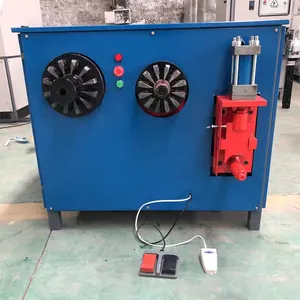



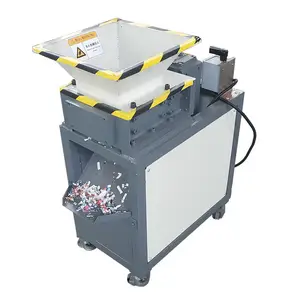

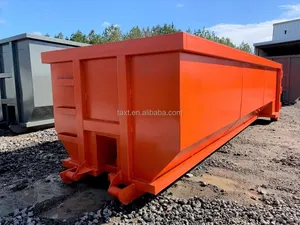


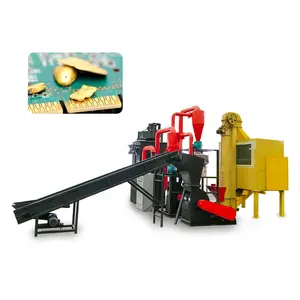
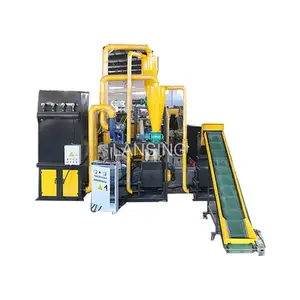


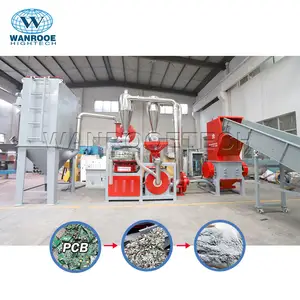
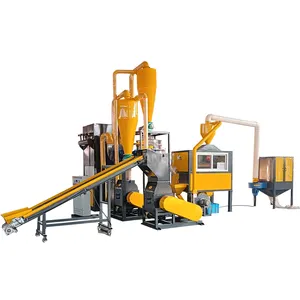




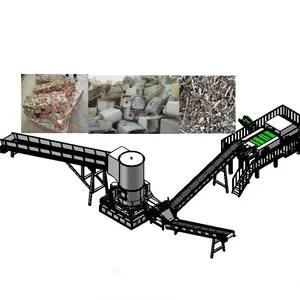



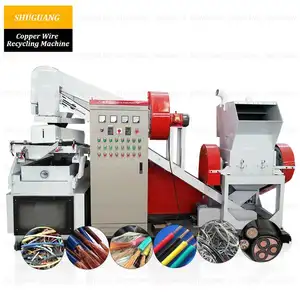
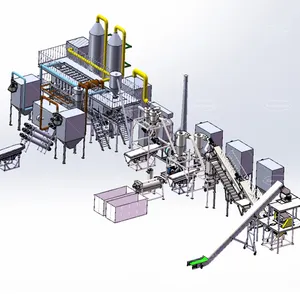
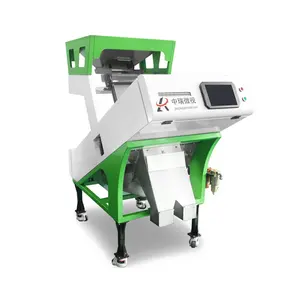














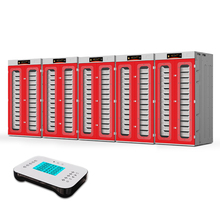
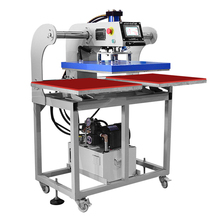
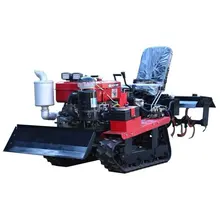



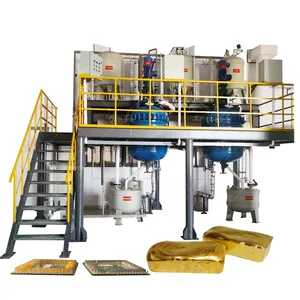
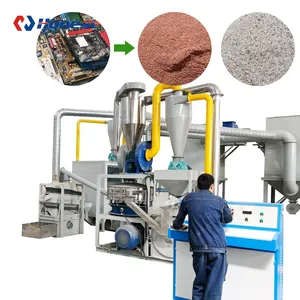
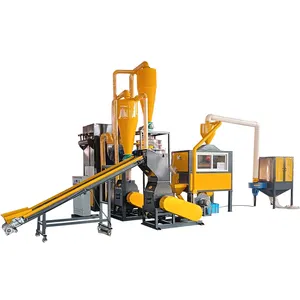

























 浙公网安备 33010002000092号
浙公网安备 33010002000092号 浙B2-20120091-4
浙B2-20120091-4